South Africa needs a people-centred and deep just transition framework. Unfortunately, the recently released “Framework for a Just Transition in South Africa” by the Presidential Climate Commission fails to achieve this. Here’s why.
While the introduction to the framework acknowledges the urgency in climate science, it fails to recognise that we are living through climate extremes and their deleterious impacts. A more people-centred document would have been less technocratic in tone and acknowledged that we have had one of the worst droughts in the history of the country, extreme flooding in KwaZulu-Natal in April 2022 (among others) and even cyclonic impacts from extreme weather shifts in the Indian Ocean.
The “Climate Emergency and Crisis” is here.
Moreover, the document does not mention upfront that we are one of 10 climate hotspots in the world, with a doubling in our average temperatures compared with the global average. When the world overshoots 1.5°C in the next few years, we will be at a 3°C increase in temperature, according to our leading climate scientists. This is a major cause for concern and should have been foregrounded to underline the climate emergency challenge we face and the need to place the country on a climate emergency footing.
In short, this framework does not recognise the climate emergency and assumes South Africa is like any other country on the planet, facing a gradual, even and linear process of climate change. We are not. The worse it gets globally, the worse it will be for us in terms of shocks and risks to all socioecological systems that we need to survive!
South Africa’s carbon emissions
The introduction to this document has a glaring omission which runs throughout the document: a failure to acknowledge our carbon emissions. We are one of the most carbon-intensive economies in the world and in the BRICS. South Africa has used coal for more than a century and is considered the 12th-highest carbon emitter in the world, according to some studies.
Moreover, in a recent study by Oxfam, it is clear that the wealthy in countries have the largest carbon footprints and are largely responsible for the climate crisis.
South Africa is no exception. Our carbon footprint and intensity across different parts of the economy, including the carbon footprints of the wealthy, should have been acknowledged so that we can have a meaningful conversation about our decarbonisation challenge.
While the framework affirms a commitment to vulnerable groups, it fails to recognise that we are a country wracked by deep inequality, poverty wages and precarity in the labour market. Income distribution is extremely skewed towards the wealthy, with about 75% of national income in the hands of 10% of the population.
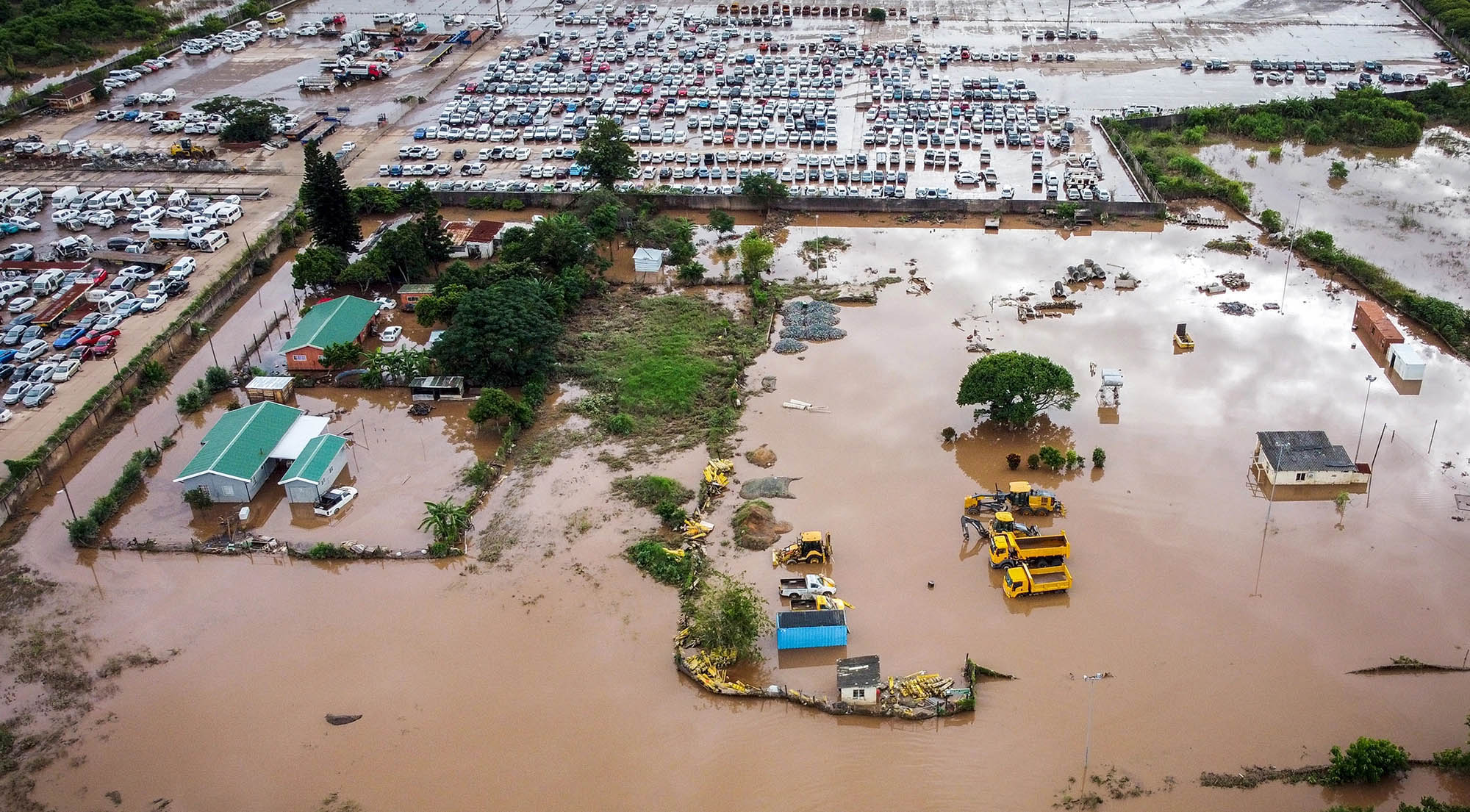 A drone image of the extent of the damage caused by flooding in Prospecton, Durban, on 13 April 2022. (Photo: Shiraaz Mohamed)
A drone image of the extent of the damage caused by flooding in Prospecton, Durban, on 13 April 2022. (Photo: Shiraaz Mohamed)
Post-apartheid South Africa’s globalised economy is merely about a new form of apartheid and is a regime of class-based exclusion. A poor and precarious African, coloured, Indian and white working class (urban and rural), including women, have been and are the current shock absorbers of an economy serving the interests of a minority. They have been stretched to their limits amid ongoing structural unemployment, Covid-19, increasing living costs and climate shocks. Our desperate society is unravelling.
A framework for a just transition needs to acknowledge these realities. Simply using the category “the poor” does not capture the widespread systemic suffering and desperation.
The framework does not acknowledge that the government has not walked the talk on the climate crisis. Instead it reads as though the just transition framework on offer is based on what the current ANC government is doing; in other words, a failing state with incoherent policies and a lack of serious political will to mainstream the climate emergency. For 15 years the ANC government could not fix the Eskom crisis and has continued to make it worse.
We have to seriously ask: do we have a competent and capable state to implement a deep just transition?
The framework is a top-down technocratic exercise. It is not informed by the lived experience of the worsening climate crisis and emergency: how many drought-, flood-, tornado- and wildfire-affected communities were consulted? How many lessons were drawn from these experiences?
Read more in Daily Maverick: “Democratising a ‘just transition’ in South Africa”
Through several quotes, the document claims there is a broad consensus on how to define a just transition. When these quotes are read together they merely affirm 2050 (certainly not a scientifically determined target date, given what South Africa is facing in terms of heating trends and dynamics) as the critical date for “net zero” emissions (a very problematic concept that includes numerous techno-fixes such as carbon capture and storage), economic change within the globalised system and some concessions to the working class and poor to meet basic needs.
Read together with the “green economy” and “competitiveness” thrust and emphasis on the risks to the mainstream economy, the conception of the just transition being advocated for is shallow. It is not about the deep just transition that ensures socioecological systems transformation, rethinking the entire economy to serve the needs of the country and the creation of a new ecological society. The liberal-technocratic emphasis of this document is certainly not transformative enough and far from the pluri-vision, principles and systemic alternatives envisaged by the Climate Justice Charter (CJC).
The principles of this document are flawed in two major respects and are revealing in terms of the liberal-technocratic approach running through the entire text.
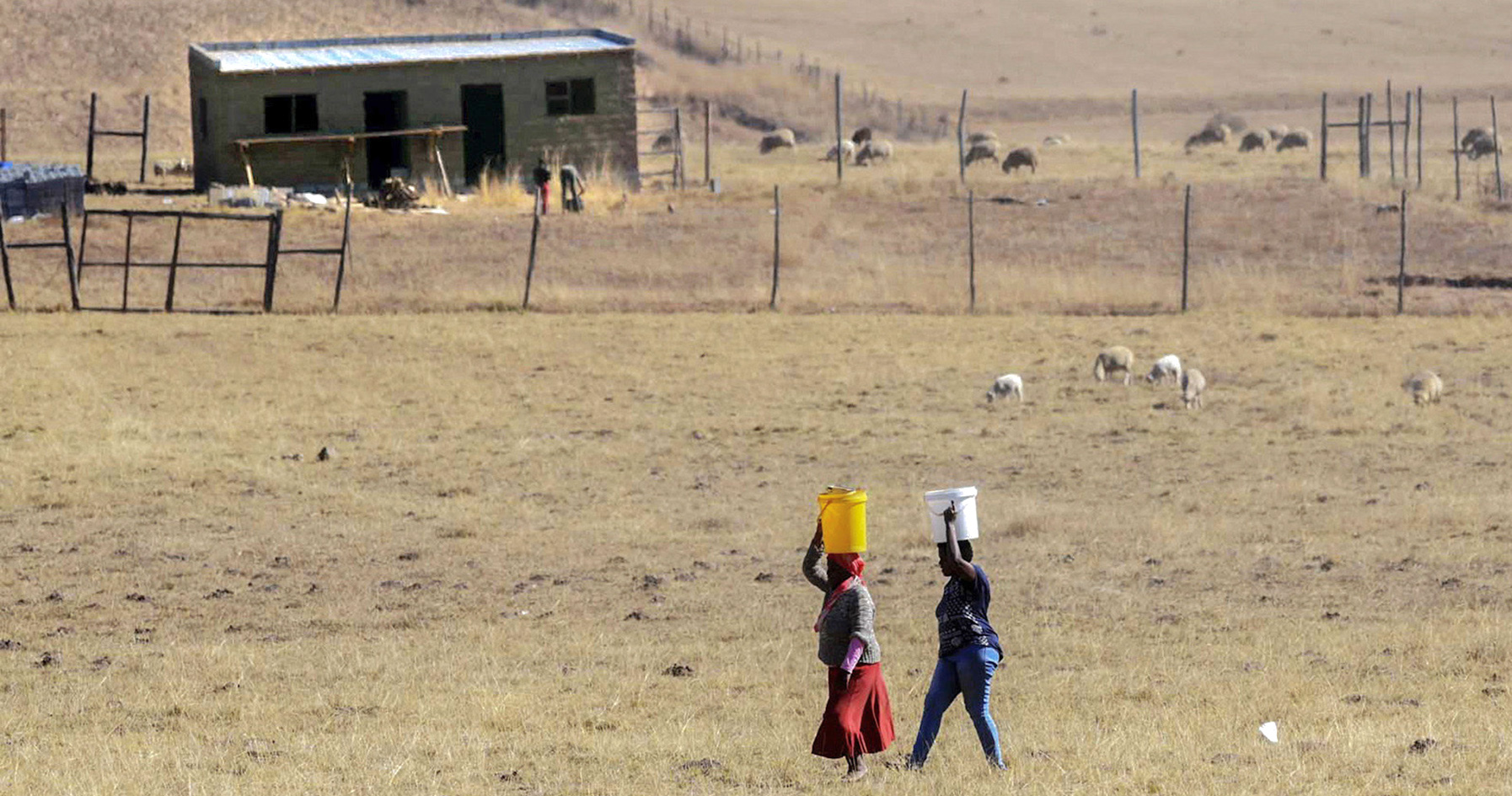 Villagers often walk long distances to fetch water from rivers or boreholes, sometimes across districts in the drought-stricken areas of the Eastern Cape. (Photo: Black Star / Spotlight)
Villagers often walk long distances to fetch water from rivers or boreholes, sometimes across districts in the drought-stricken areas of the Eastern Cape. (Photo: Black Star / Spotlight)
First, the rights of the Constitution are considered adequate and “sufficiently green” to ensure we survive the ecological crises, including the worsening climate crisis. The Constitution, particularly section 24 (the right to a healthy environment), is drafted from an anthropocentric point of view – nature and the environment must merely serve the needs of human society. It must also be protected for that reason.
This anthropocentrism is problematic, hence we approached Parliament to adopt the CJC, as per section 234 of the Constitution, to ensure the Constitution can be strengthened with an emancipatory ecology thrust which recognises that humans are part of nature, we are one among many life forms, and nature also has intrinsic value which we must all respect.
Visit Daily Maverick's home page for more news, analysis and investigations
Second, and strikingly, the principle of climate justice is absent from this document, yet the framework is meant to deal with the worsening climate crisis. The principles affirmed are derived from liberal theory and approaches to justice. Even on these terms, in relation to restorative justice, the rich should be responsible for paying their ecological debt to society.
Yet the Presidential Climate Commission does not dare go there.
Moreover, climate justice advocates for systemic change through democratic systemic reforms to end carbon capitalism, to ethically and politically ensure the needs of the most vulnerable who did not create the climate crisis come first, while the wealthy who caused the problem carry the costs. Unfortunately, the commission’s liberal approach does not recognise this.
The economy comes before human life
While the “At Risk Value Chain” analysis of the framework provides some important insights, it betrays an underlying logic: the economy comes first, not human and non-human life. The consistent argument is that the economy will lose if we do not take the climate crisis seriously. Merely taking current economic structures as a given, this framework fails to recognise how some of these economic sectors in themselves are contributing to the broader ecological and particular climate crisis we face.
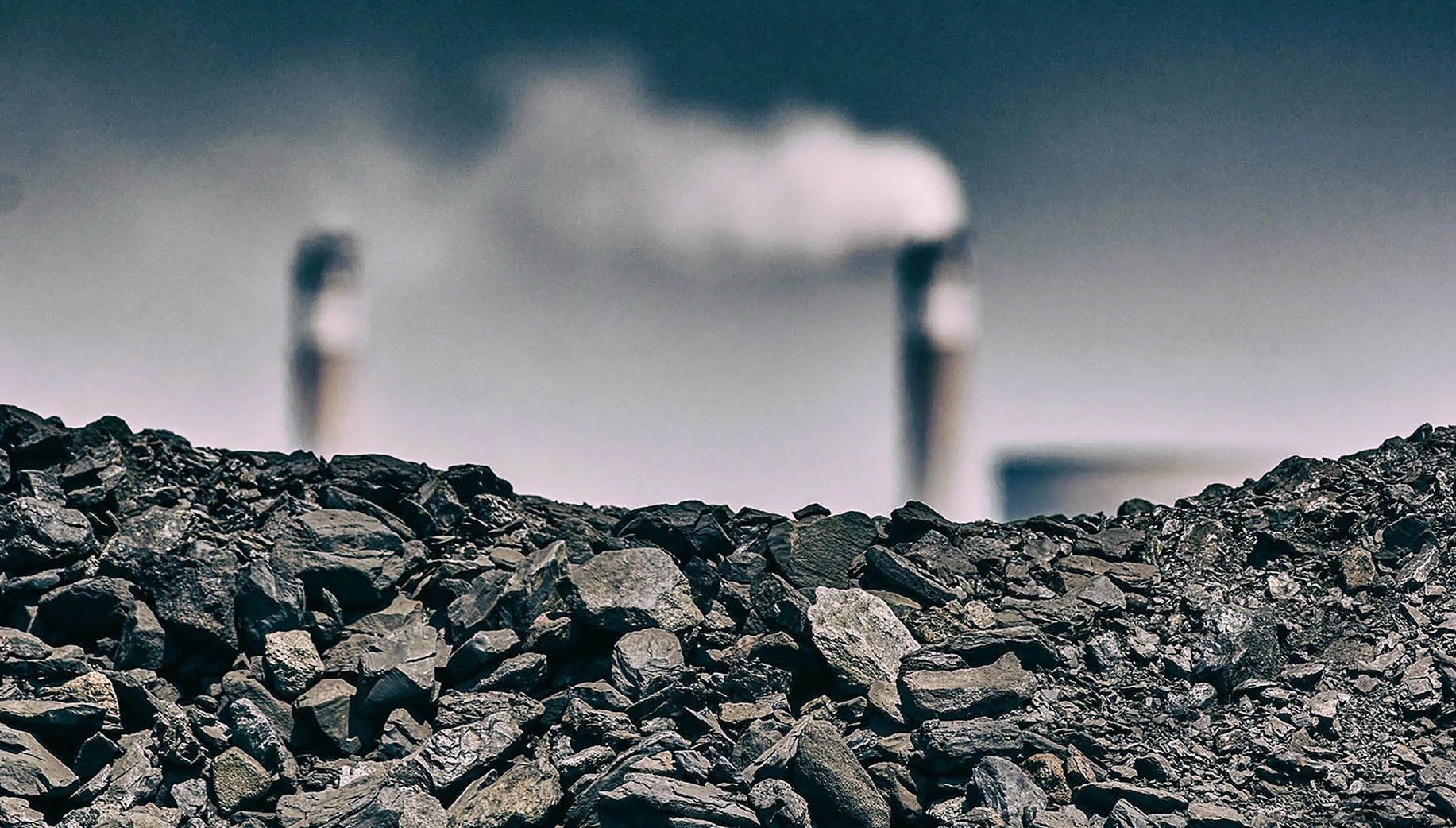 A coal pile in front of the towers at the Kendal coal-fired power station in Mpumalanga on 15 October 2021. (Photo: Waldo Swiegers / Bloomberg via Getty Images)
A coal pile in front of the towers at the Kendal coal-fired power station in Mpumalanga on 15 October 2021. (Photo: Waldo Swiegers / Bloomberg via Getty Images)
Globalised, chemical-fed and mono-industrial carbon agriculture is ecocidal (contributing to the mass destruction of human and nonhuman life). The entire food system has to be transformed if we are to survive. Tinkering and techno-fixes such as “climate-smart agriculture” based on a narrow economistic risk-value analysis do not get us to think in terms of socioecological systems transformation.
This is elite risk analysis and reinforces an unjust and unviable status quo. Moreover, from the standpoint of the Climate Justice Charter, it is humanity and non-human life that will lose in the worsening climate crisis.
Read more in Daily Maverick: “Climate Commission: What needs to be done to give immediate effect to South Africa’s just transition”
It is also unfortunate that instead of merely foregrounding the economy, this document could have foregrounded, based on climate science, communities, towns and cities that are facing climate risks, based on an increasing pattern of climate extremes. Lessons could have been drawn from the recent drought, the floods in KwaZulu-Natal, tornadoes, wildfires and more.
The “key policy areas” of the framework are silent on decarbonisation.
Why is decarbonisation not featured as a key policy area in itself? Why is the decarbonisation of Sasol, Eskom and other big polluters not given priority?
This document is a farce for this reason alone. The Climate Justice Charter rejects the privatisation of our energy system and calls for community- and socially owned renewable energy. In this context Eskom has a crucial role to play. This is contrary to the current approach of the President and the ANC government which seeks to privatise the energy system and essentially inaugurate an unjust private sector-led energy transition.
Moreover, in each of the “key policy areas” there is an attempt to affirm existing ANC government policy shifts. Let’s be clear when it comes to skills development, the Sector Education and Training Authority (Seta) system has been a disaster. Even during the Eskom crisis, the public enterprises minister had to appeal to unions such as Solidarity to help. Even the unemployed working class have made no progress through the Seta system, overseen by the communist minister, Blade Nzimande.
Ecocentric industrialisation
Trade and Industry Minister Ebrahim Patel has had to take notice of electric vehicles because the car manufacturers in South Africa have sent him a strong message. Moreover, there is no conception of ecocentric industrialisation in Patel’s framework or in this framework document. Such an approach to industrialisation recognises our limited carbon budget and appreciates the imperative of clean energy production, zero waste and rethinking design to ensure products last longer. Such an approach dematerialises industrialisation and is more ecologically sustainable. It can certainly be used to ensure ecocentric industrialisation of renewable energy technologies and mass clean-energy public transport systems, and in transforming Denel to produce climate emergency technologies.
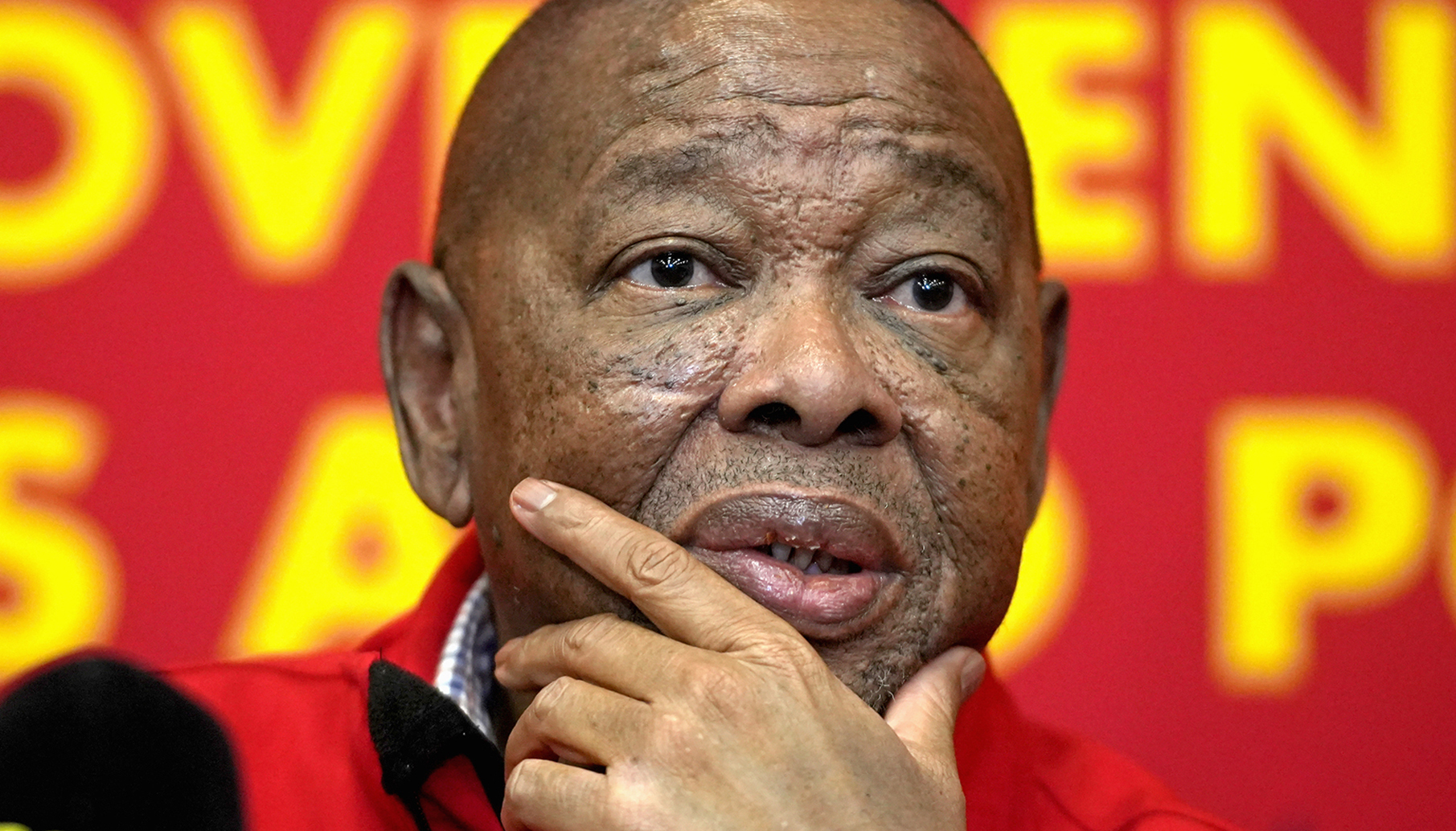 Even the unemployed working class have made no progress through the Seta system, overseen by Blade Nzimande. (Photo: Gallo Images / City Press / Tebogo Letsie)
Even the unemployed working class have made no progress through the Seta system, overseen by Blade Nzimande. (Photo: Gallo Images / City Press / Tebogo Letsie)
For almost three decades the ANC government failed to address the legacies of apartheid. We certainly do not expect it to rise to the challenge of ensuring a deep and transformative just transition, informed by climate justice.
The framework document relies on the existing state planning approach as the basis for moving the just transition forward. It envisages the National Development Plan, Integrated Development Plans and the budget, etc, as the means to ensure the just transition moves forward. For almost three decades these approaches have not been adequate to transform the economy and society. South Africa needs a more effective democratic planning approach, driven from below, not by technocrats sitting in the state.
Read more in Daily Maverick: “Six key considerations underpinning South Africa’s nascent ‘just transition’ plan”
With a failing state, with limited capacity, one of the crucial calls this document could have made, consistent with the Constitution, is for a more democratised approach to the state and just transition practice. In this regard, the call should have been made to rectify the mistake of “Africanising” the state through cadre deployment, crony capture and exclusionary nationalism.
The Presidential Climate Commission should have called for a truly non-racial and women-led state to be built drawing on the talents of all South Africans. This is what the Climate Justice Charter also calls for.
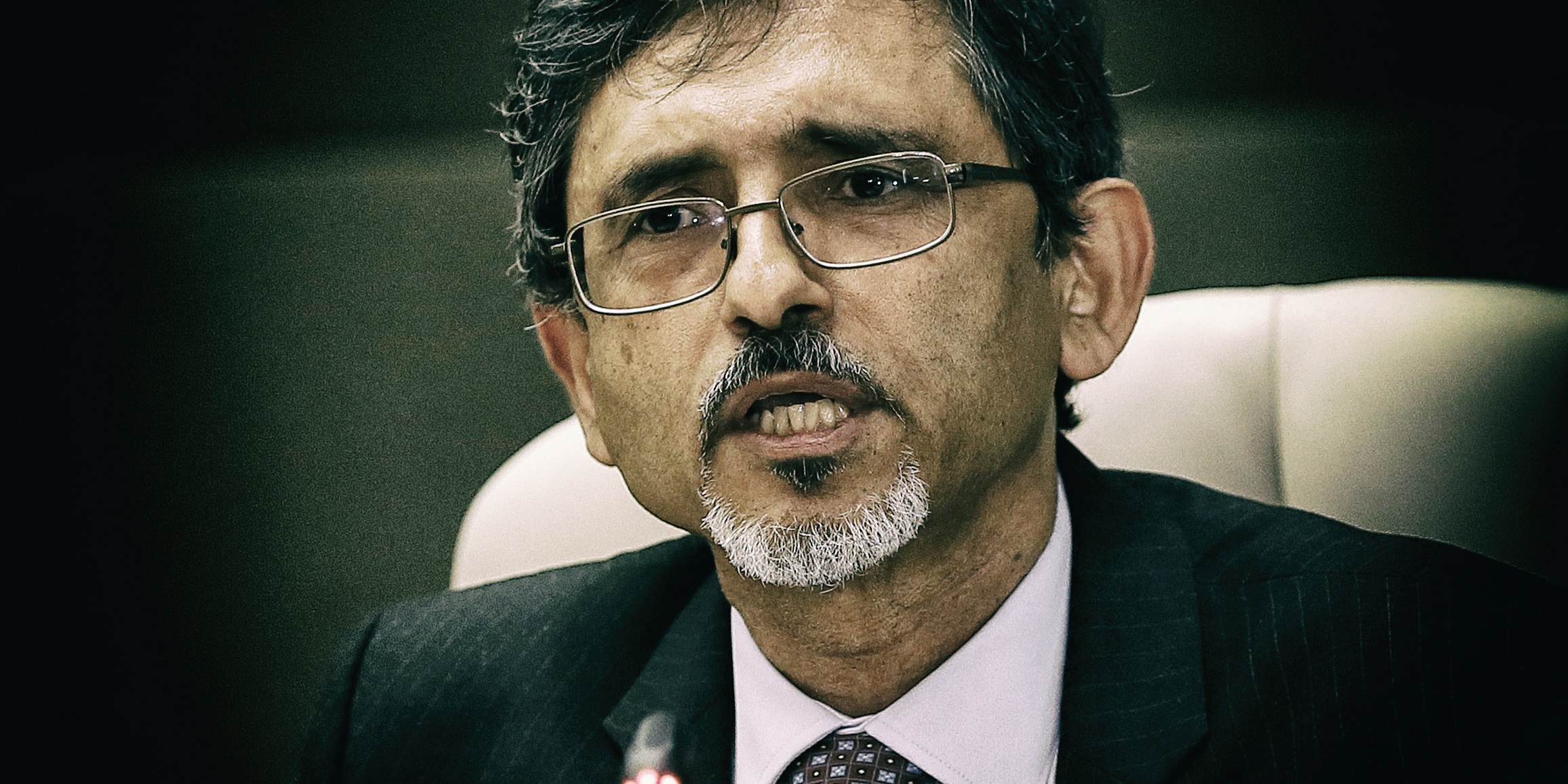 Trade and Industry Minister Ebrahim Patel has had to take notice of electric vehicles because the car manufacturers in South Africa have sent him a strong message. (Photo: Phill Magakoe / Gallo Images via Getty Images)
Trade and Industry Minister Ebrahim Patel has had to take notice of electric vehicles because the car manufacturers in South Africa have sent him a strong message. (Photo: Phill Magakoe / Gallo Images via Getty Images)
This framework document provides an ideological equivalence between neocorporatist bargaining, ILO style, and stakeholder capitalism of the World Economic Forum (made up of the most powerful transnational corporations in the world). What this amounts to is the co-option of labour and progressive social forces for the continuity of a globalised, “competitive” and “green economy” that favours the sovereignty of transnational monopoly capital.
This has not worked and will not work for South Africa’s deep just transition.
We reject this with the contempt it deserves. South Africa needs a decolonised and delinking approach to its economy so we survive; the economy must be subordinated to the needs of society and nature. Our international trade, financial and production relations must be guided by the imperatives of our climate justice project.
The power of the people and the workers must prevail over the ecocidal logic of capital, as we advance systems change. The era of deep globalisation is over, even its green version.
We will continue to champion a vision of the deep just transition by affirming the centrality of the Climate Justice Charter, its pluri-vision, goals, principles, systemic alternatives, commitment to a people-driven climate justice state and a renewed radical pan-Africanism. The Charter is decolonial, eco-feminist, anti-capitalist and anti-ecocide. It is the most transformative approach South African society has to the deep just transition and the worsening climate crisis. DM/MC/OBP
The authors are all members of the Climate Justice Charter Movement, a coalition of NGOs, social movements and academics.




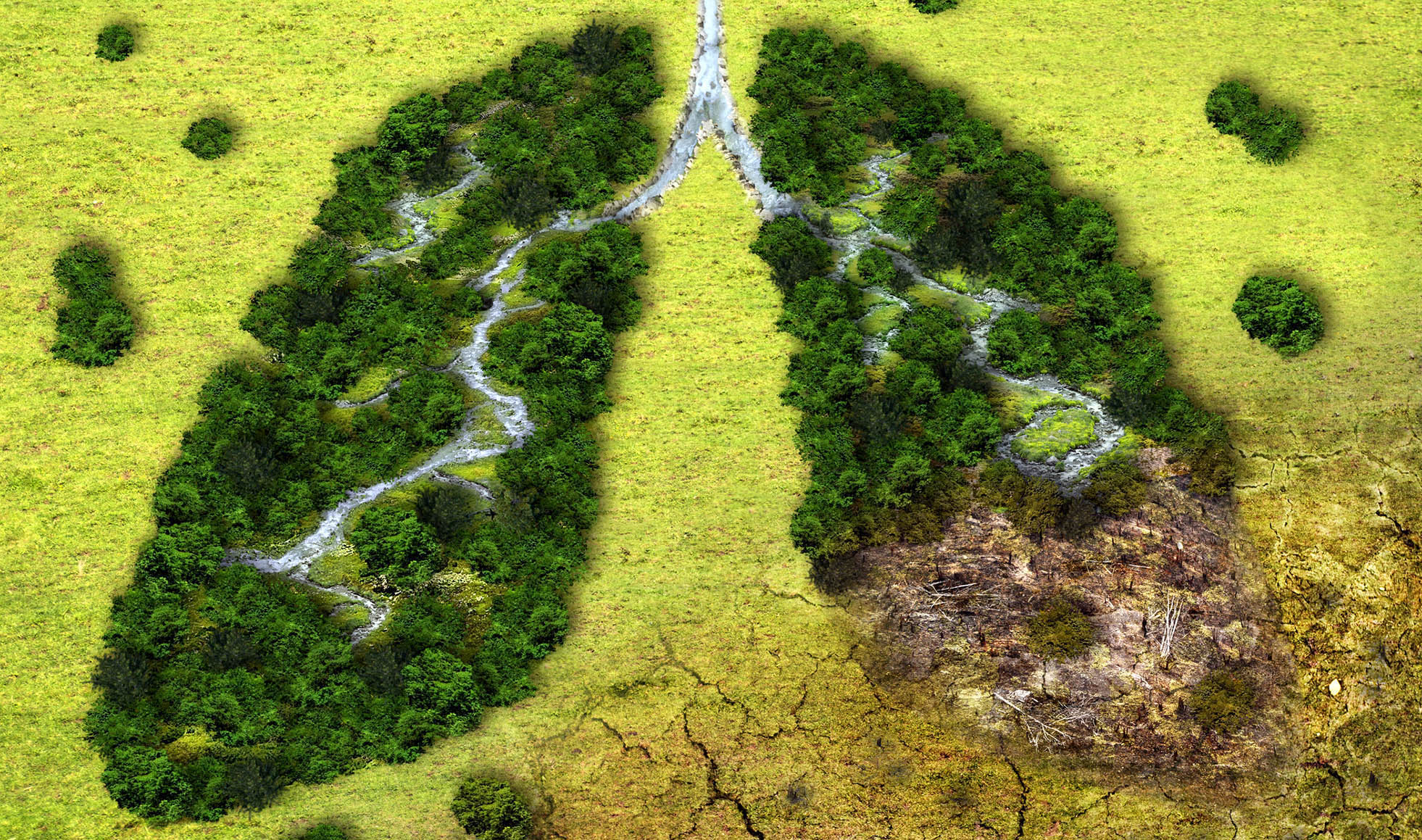 Minister of Trade and Industry, Ebrahim Patel. (Photo: Phill Magakoe / Gallo Images via Getty Images)
Minister of Trade and Industry, Ebrahim Patel. (Photo: Phill Magakoe / Gallo Images via Getty Images)